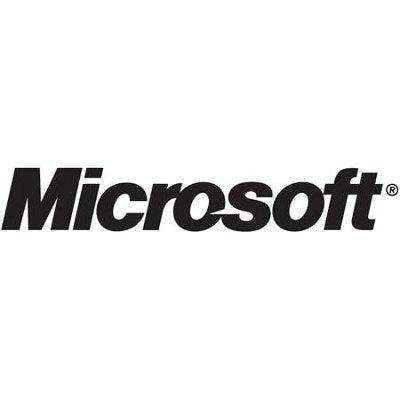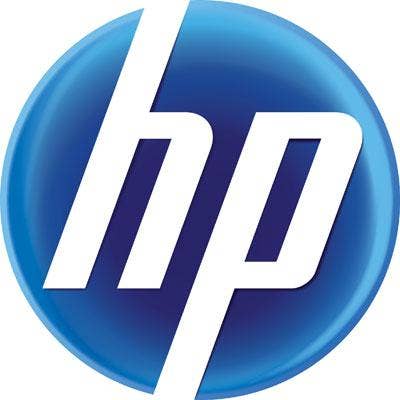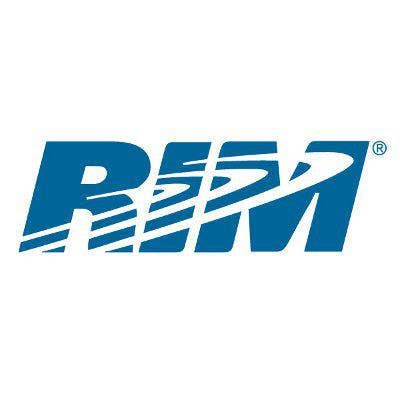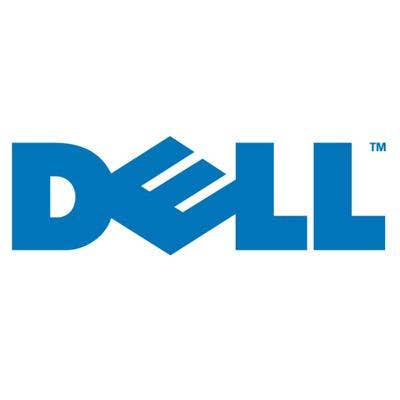Five Companies That Dropped The Ball This Week

Microsoft's Ballmer Creates Hubbub With Windows 8 Claim
At a conference in South Korea this week, Microsoft CEO Steve Ballmer (left) predicted that Microsoft would sell 500 million copies of Windows 8 by the end of next year. Or at least, that’s how Agence France Presse interpreted it. But Microsoft now says the AFP report was inaccurate, and that the 500 million refers to the installed base of Windows 7 PCs, which will be eligible for upgrades to Windows 8.
OK, mistakes happen, but Microsoft is still at fault here. Why? Because Ballmer's fondness of citing eye-popping Windows stats -- the "seven copies of Windows 7 sold every second" is a perfect example -- opens the door to these sorts of misinterpretations. We get it, Steve: Windows is the world's most prevalent OS and every new version sells like hotcakes. But it's not news to anyone and has zero value from a marketing standpoint.

'Britain's Bill Gates' To Leave HP After Disappointing Autonomy Results
Mike Lynch (left), co-founder and CEO of Autonomy, will be leaving HP after a transitional period, just nine months after HP acquired his company for more than $10 billion. The shock of his departure was compounded by a report that roughly 20 percent of the Autonomy staff, including all the C-level executives, have also left.
Entrepreneurs generally loathe working in big, bureaucratic companies, so maybe Lynch just decided that staying with HP wasn't going to be much fun. And maybe that's why all the other executives left, too. If true, it's another example of why being too big is hurting HP's ability to innovate.

RIM's Worldwide Mobile Market Share Drops Even Further
Another week of tough news for Research In Motion, which saw its BlackBerry smartphone market share drop to 6.4 percent in the first quarter of this year, compared to 13.6 percent in last year's first quarter, according to fresh data from IDC. Adding insult to injury, iOS and Android continued to bask in the glow of expanding market share.
Jury Rules That Google Didn't Violate Oracle's Java Patents
Google did not infringe Oracle's Java patents when it developed its Android software, a federal jury decided this week in a unanimous ruling. So Oracle, which had been seeking $1 billion or more in damages in the case, may not get a penny. The judge in the case still must rule on whether APIs can be copyrighted, but so far it looks like Oracle will not get much from its considerable investment in legal resources.

Dell Shares Dive After Weak Earnings, Sales Outlook
Dell shares dropped more than 17 percent this week after the company reported first-quarter earnings that fell short of Wall Street's expectations. Dell's first-quarter profit was $635 million, or 36 cents per diluted share, while revenue came in at $14.4 billion.
More From CRN:
Five Companies That Came To Win This Week
Five Companies That Dropped The Ball Last Week